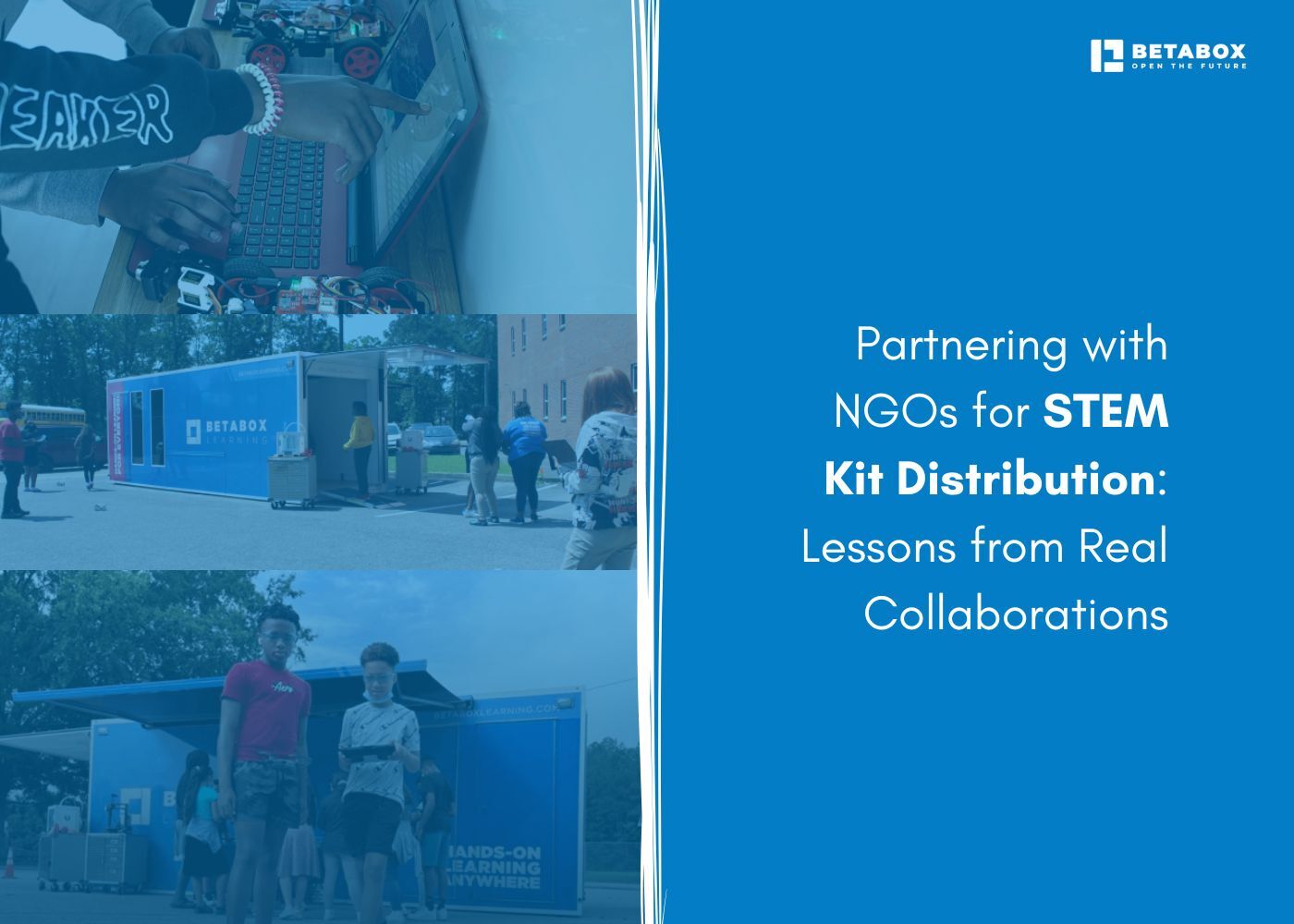
A student's zip code should not determine their access to quality technology education. Yet the reality is that schools in rural and economically disadvantaged communities often lack the funding, facilities, and expertise to offer hands-on STEM experiences.
Traditional distribution models fail because they assume every school has a dedicated lab space, trained teachers, and budgets for consumable supplies. Most do not.
NGOs bridge this gap. They understand local needs, maintain relationships with school administrators, and operate with mission-driven flexibility that larger institutions cannot match. When paired with organizations that specialize in STEM curriculum and delivery, these partnerships create pathways to equity that neither party could achieve alone.
National programs often struggle with adoption because they lack context. An NGO rooted in a specific region knows which schools serve the highest percentage of Title I students, which principals are open to innovation, and which logistical challenges will derail implementation.
Trust matters. Schools that have worked with an NGO on nutrition programs or after-school care will respond faster to STEM initiatives introduced through that same partner.
Large bureaucracies move slowly. NGOs can pivot quickly, adjust schedules, and navigate local barriers without layers of approval. When a school's parking lot becomes unavailable, an NGO coordinator can find an alternate location within hours.
This flexibility is especially valuable for mobile STEM programs that require precise timing and on-site problem-solving.
Building new distribution channels is expensive. NGOs already have staff, vehicles, insurance, and community presence. Partnering with them eliminates redundant overhead and accelerates program launch.
AARP and Booz Allen Hamilton partnered with Betabox to create hands-on STEM opportunities for learners of all ages. The goal was to encourage intergenerational learning by combining community participation with access to modern technology.
AARP offered outreach through its nationwide network of community programs. Booz Allen Hamilton contributed technical guidance and funding. Betabox designed the kits and facilitated delivery, ensuring that even small community centers could host meaningful workshops.
Local NGOs supported the sessions by coordinating logistics and guiding participants. The result was a series of interactive programs where students and adults learned together through robotics and coding challenges. The initiative showed that CSR in education can connect generations, not just classrooms.
When the University of West Alabama partnered with Betabox, the goal was to reach schools that had long been excluded from advanced science and technology programs. Supported by the Department of Labor, the initiative introduced mobile STEM labs to several rural counties.
The university contributed research expertise and teacher training, while Betabox provided hands-on resources and technical support. Teachers received ready-to-use materials that required no complex setup. Students learned engineering concepts by building and testing their own designs.
Results from the partnership were immediate and measurable. Evaluations showed a 50% improvement in STEM content knowledge and a 25% increase in student interest after just one hour of hands-on learning. Educators observed a clear rise in student engagement and self-confidence. Proof that the right tools, delivered through local partnerships, can transform how students experience learning.
In partnership with Google, Betabox led the Learning to Launch tour across North Carolina school districts. The program brought mobile labs and hands-on kits directly to school campuses.
Google provided funding and national visibility, while Betabox managed logistics, curriculum development, and facilitation. Local NGOs handled coordination with schools, ensuring that each session aligned with district needs.
This collaboration's strength was its shared purpose. Google made technology accessible, Betabox translated it into learning experiences, and NGOs ensured every community could participate. The result was a statewide initiative that reached thousands of students and provided teachers with follow-up lesson plans through Classbox.com.
The most successful collaborations focus on what students learn and experience, not how many kits were distributed. When partners agree on measurable outcomes like increased STEM interest or demonstrated skill development, decision-making becomes clearer.
Tension arises when responsibilities overlap or when one partner tries to control areas outside their expertise. Corporations should fund and provide strategic direction. STEM organizations should design curriculum and manage delivery. NGOs should coordinate logistics and build local buy-in.
Clear role definition prevents mission creep and protects each partner's contribution.
The difference between a successful program and a failed one often comes down to logistics. Schools need advance notice. Teachers need training. Materials need to arrive on time.
NGO partners with experience in school-based programming understand these realities. Invest time upfront to map delivery routes, confirm contact information, and build contingency plans for weather or staffing changes.
Programs improve when partners listen to schools. After each session, capture what worked and what did not. Use this input to refine scheduling, materials, and facilitation.
NGOs often have stronger relationships with school staff than corporate partners do. Leverage those relationships to gather honest feedback that drives continuous improvement.
One-time events create excitement but rarely change long-term outcomes. The best partnerships plan for multi-year engagement that allows schools to integrate hands-on learning into regular instruction.
This might mean training teachers to run their own sessions using checkout-based project kits, or providing access to platforms like Classbox.com that support ongoing implementation.
Start with shared values. If your organization prioritizes equity, partner with NGOs that serve underrepresented communities. If innovation is your focus, look for partners experimenting with new delivery models.
Commit resources, not just funding. Money helps, but partnerships thrive when all parties contribute expertise, networks, and time. Be prepared to engage beyond writing a check.
Measure what matters. Define success criteria before launch. Use pre- and post-assessments to track student learning. Document qualitative feedback from educators. Share results transparently with all stakeholders.
Think beyond one school year. Sustainable impact requires multi-year commitment. Plan for how the program will evolve, scale, or transition to school ownership over time.
The evidence is clear. When students engage with hands-on STEM experiences delivered through trusted local partners, both interest and knowledge increase.
Mobile delivery models remove barriers that prevent schools from participating in traditional STEM programs. Teachers gain confidence when they see students engage with real engineering challenges. Administrators appreciate turnkey solutions that require minimal setup.
By combining corporate funding, proven curriculum, and NGO coordination, these partnerships create access at scale. They prove that geography does not have to dictate opportunity.
The future of work demands that students from every community understand how technology will shape their careers. Schools cannot close STEM opportunity gaps alone. NGOs cannot fund programs at scale without corporate partners. And corporations cannot build trust in communities they do not serve.
Collaboration is not optional. It is the only model that works.
Organizations committed to education equity should explore how their resources align with NGO partners already serving underserved schools. Start small, measure carefully, and plan for long-term engagement.
When done right, these partnerships create ripple effects that extend far beyond a single classroom or school year. They open pathways into technology for students who might otherwise never discover their potential.
Learn more about partnership opportunities at Betabox Partners or start your application to bring hands-on learning to your district.
Why partner with NGOs for STEM kit distribution?
NGOs have established community trust, local expertise, and flexible coordination capacity that accelerates program adoption in underserved areas. They solve the last-mile problem that prevents many schools from accessing STEM resources.
How do NGOs help improve access to STEM education?
NGOs connect schools with resources, navigate local logistics, and build buy-in among administrators and teachers. Their community presence reduces barriers related to funding, facilities, and staff capacity.
What are the challenges in distributing STEM kits in underserved areas?
Common challenges include limited school budgets, lack of dedicated lab space, teacher training gaps, and logistical barriers like rural geography or inconsistent internet access. NGO partnerships address these through mobile delivery and turnkey support.
How can companies collaborate with NGOs for STEM outreach?
Companies can provide funding, technical expertise, and brand visibility while NGOs manage coordination, community relationships, and on-the-ground implementation. Clear role definition and shared outcome metrics strengthen collaboration.
What impact do NGO partnerships have on STEM learning outcomes?
Evidence-based evaluations show that hands-on programs delivered through NGO partnerships can drive measurable gains in student knowledge and interest. Results depend on program design, teacher support, and sustained engagement beyond one-time events.


Ready to learn how Betabox resources can be implemented at your school or District?
Book a Blueprint Call



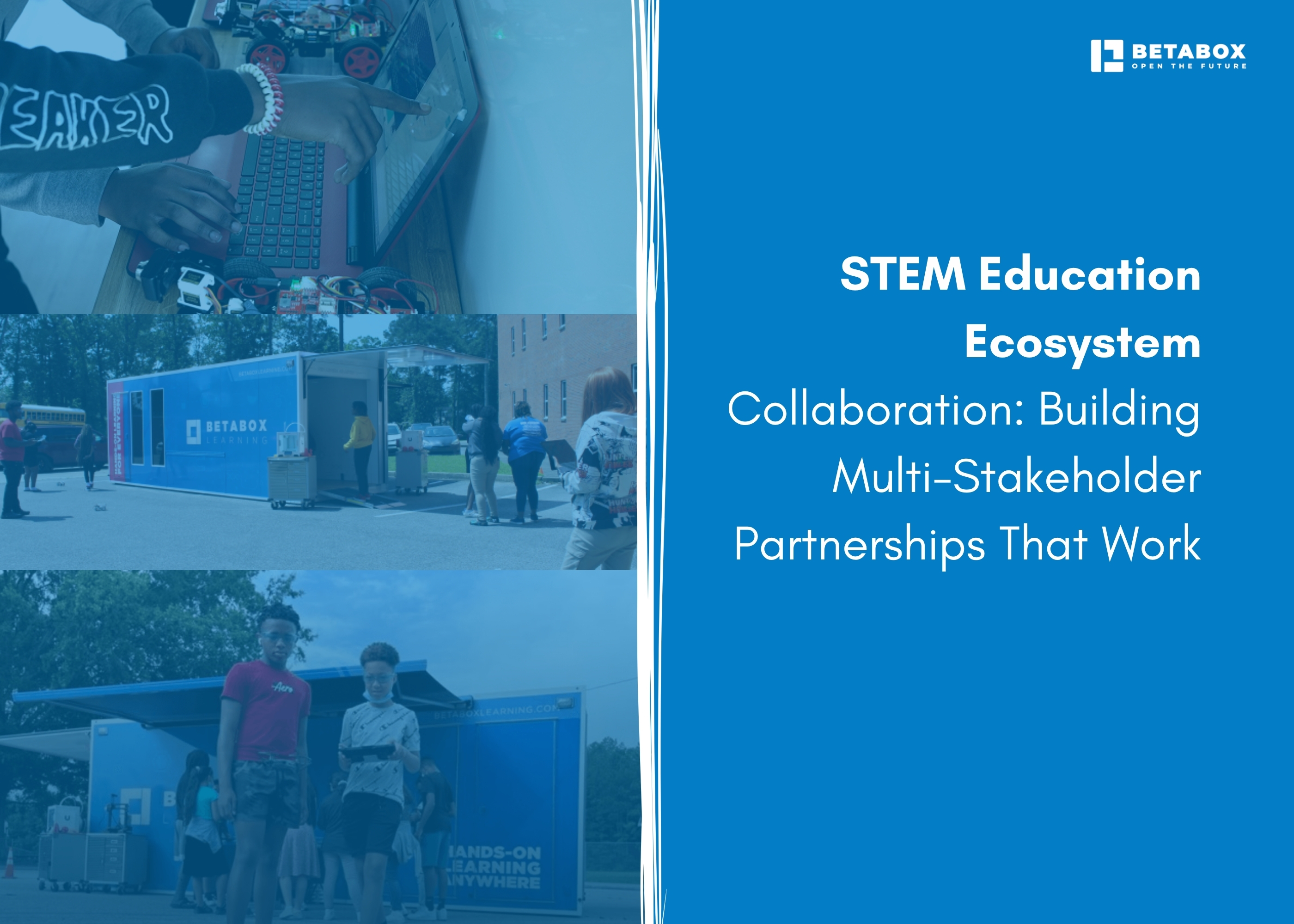

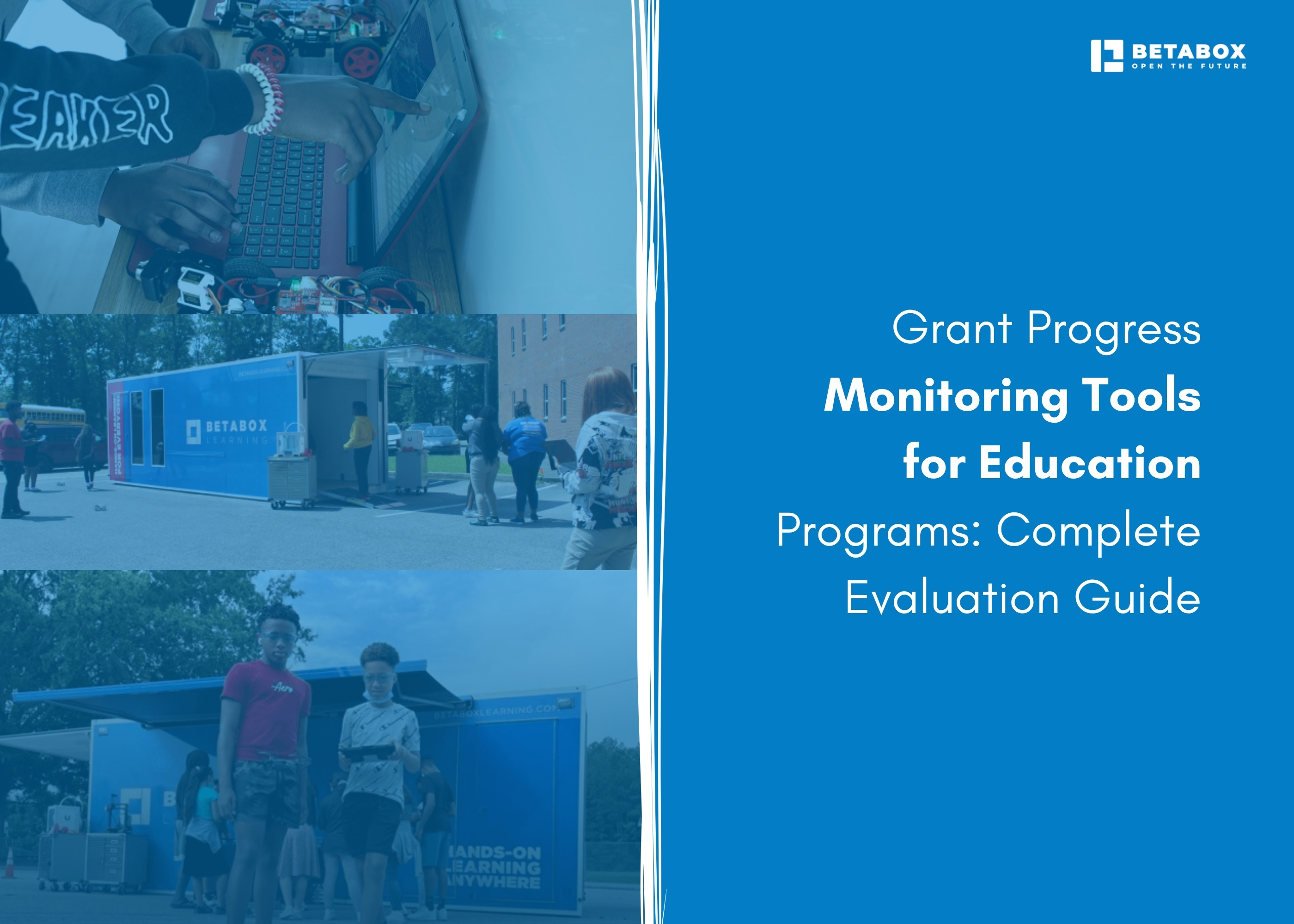

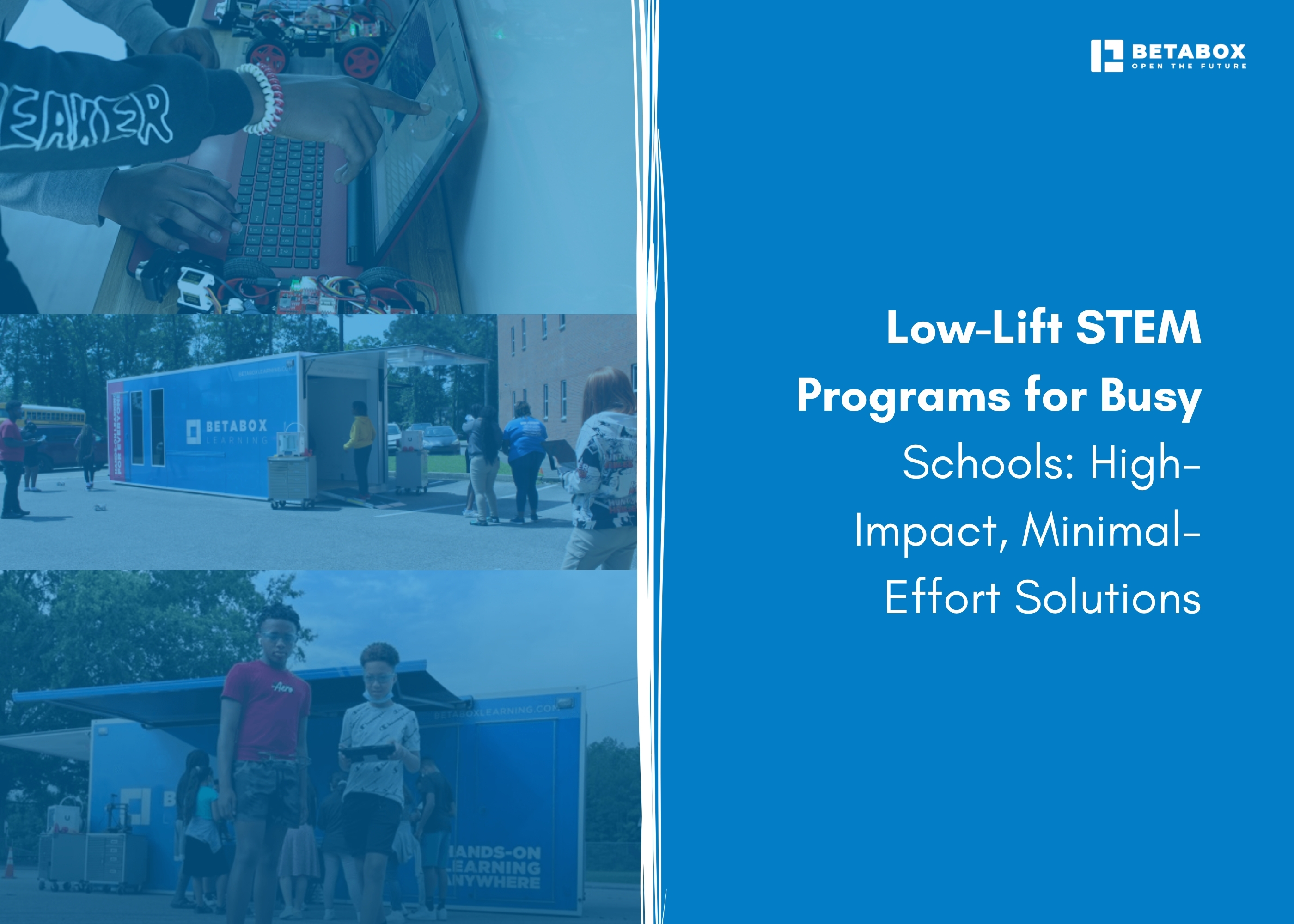

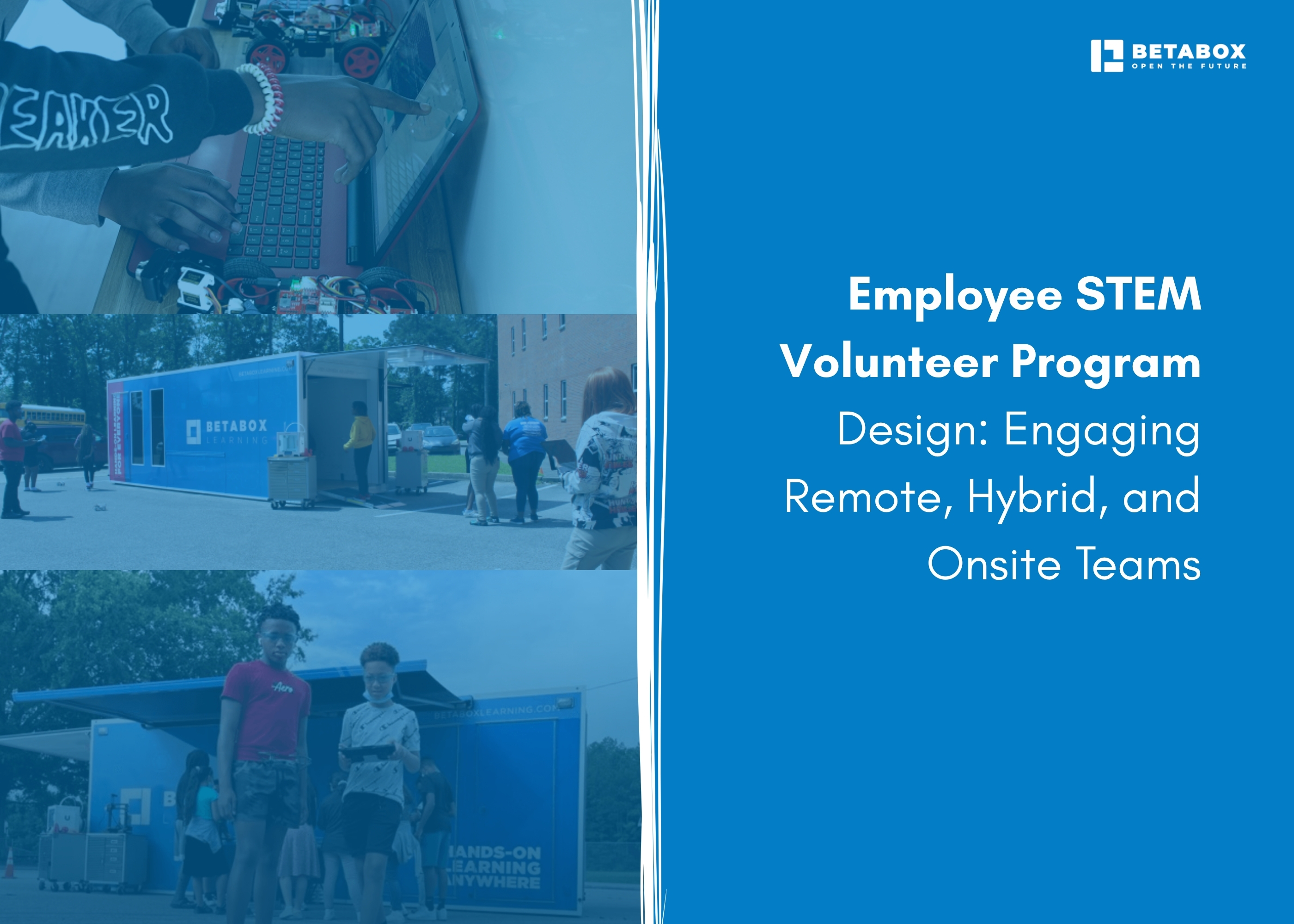



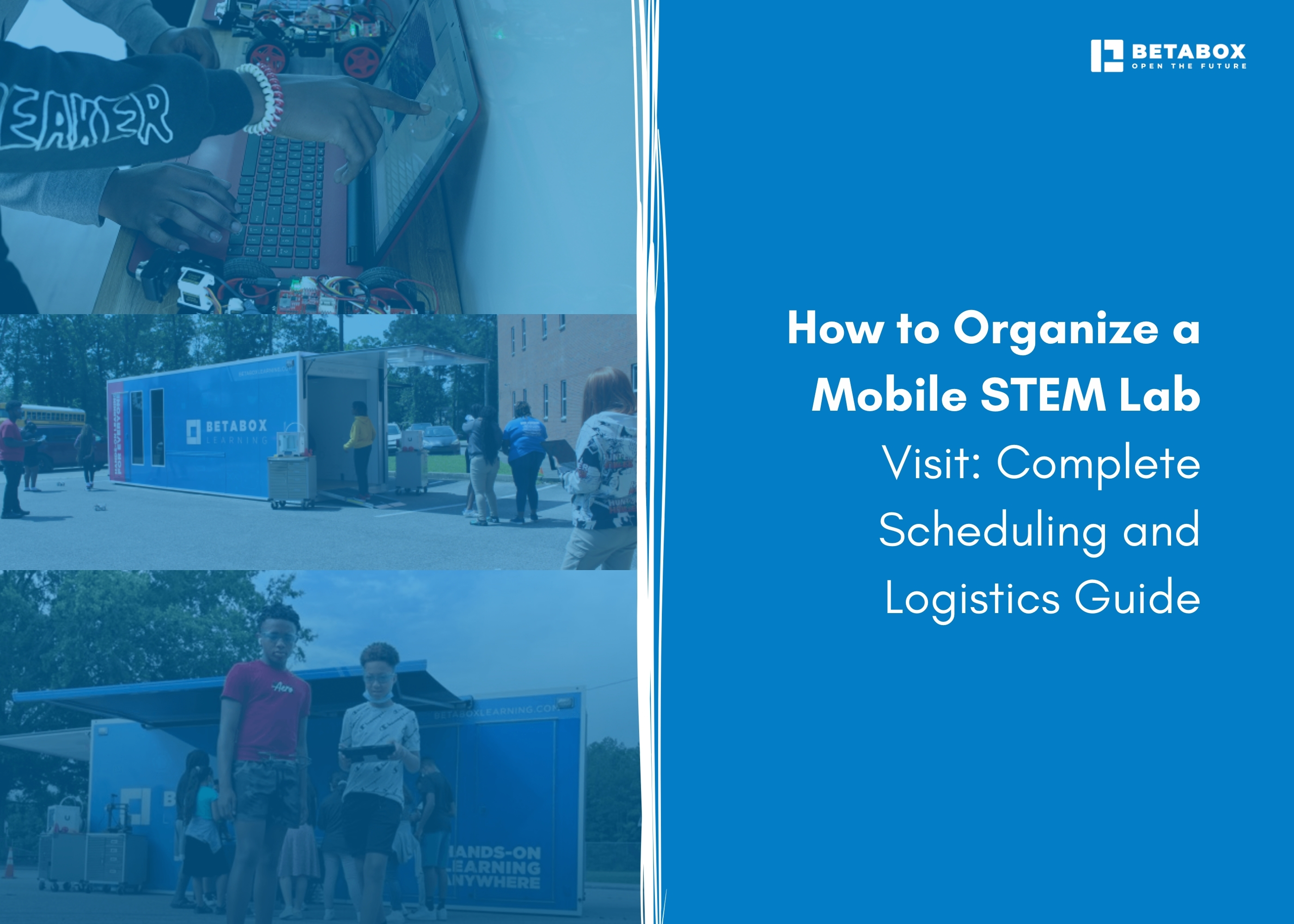



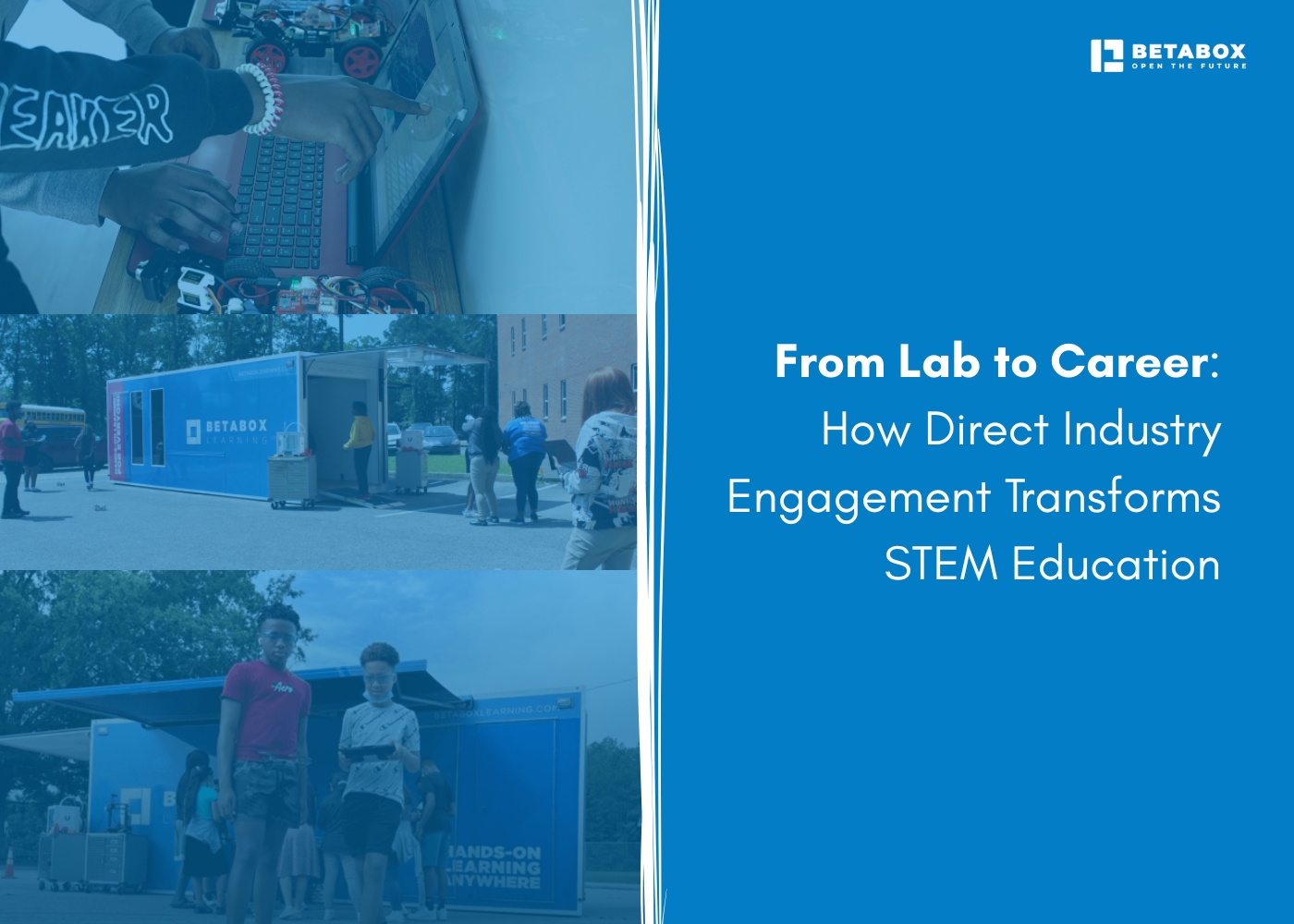

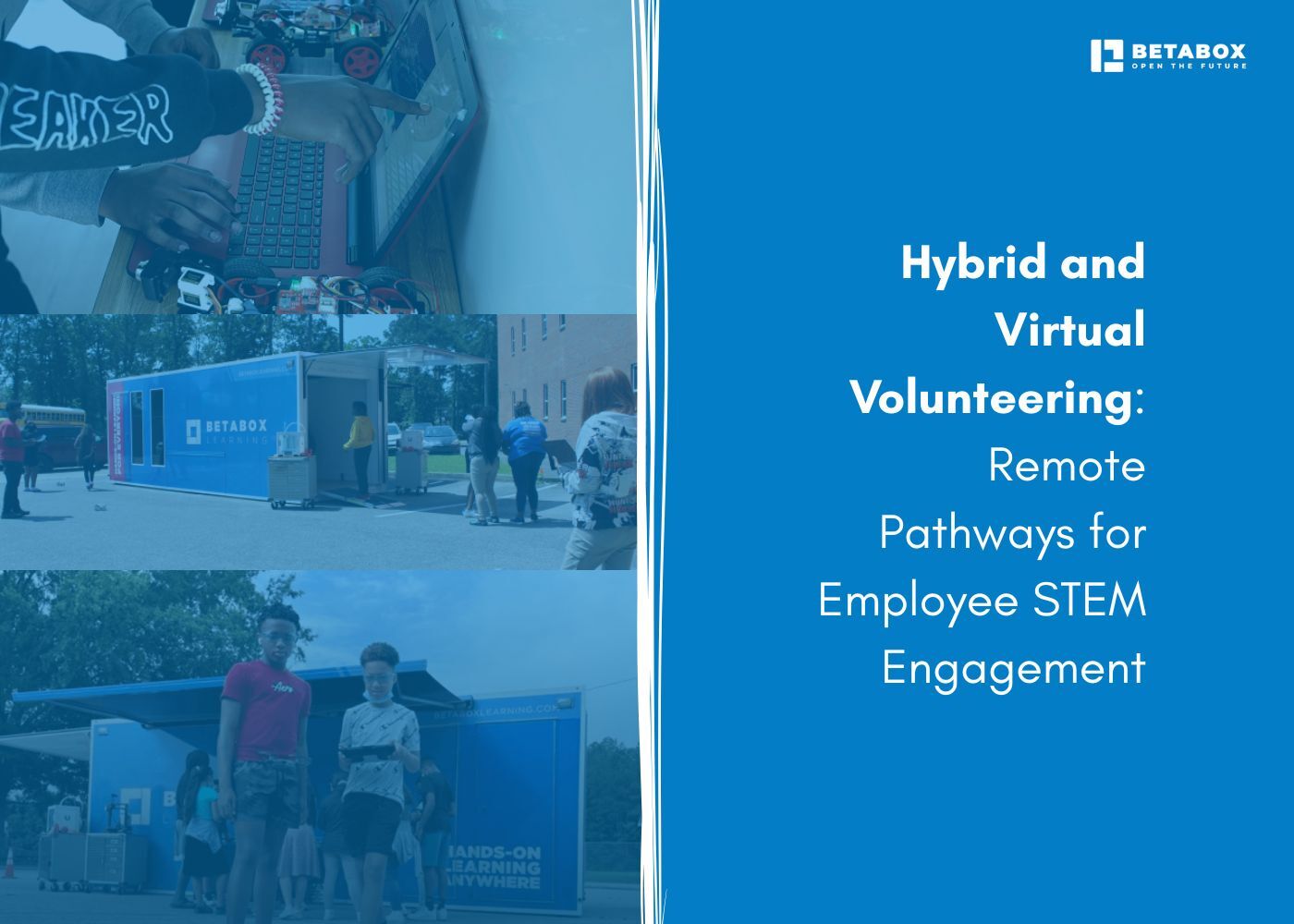

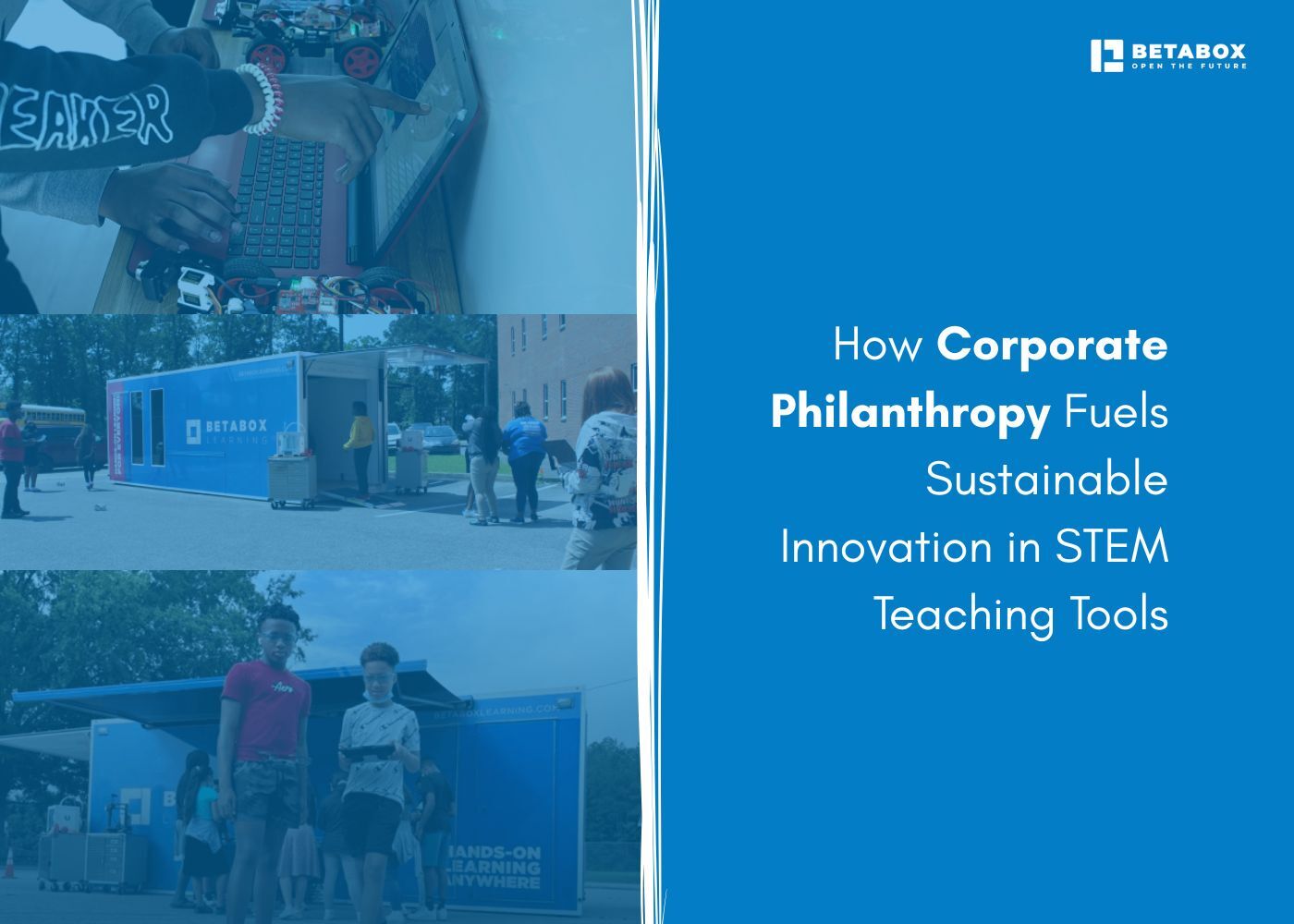

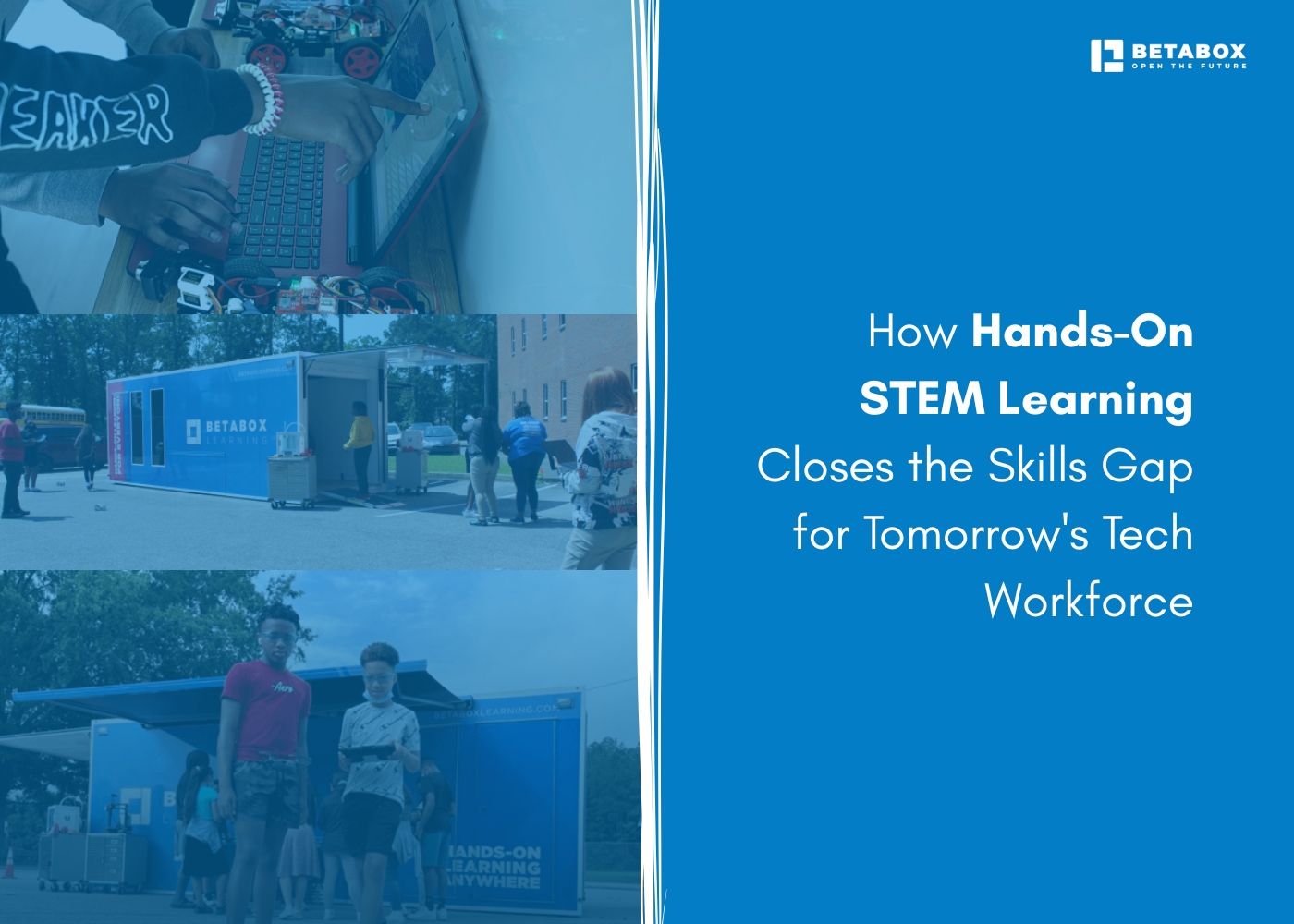

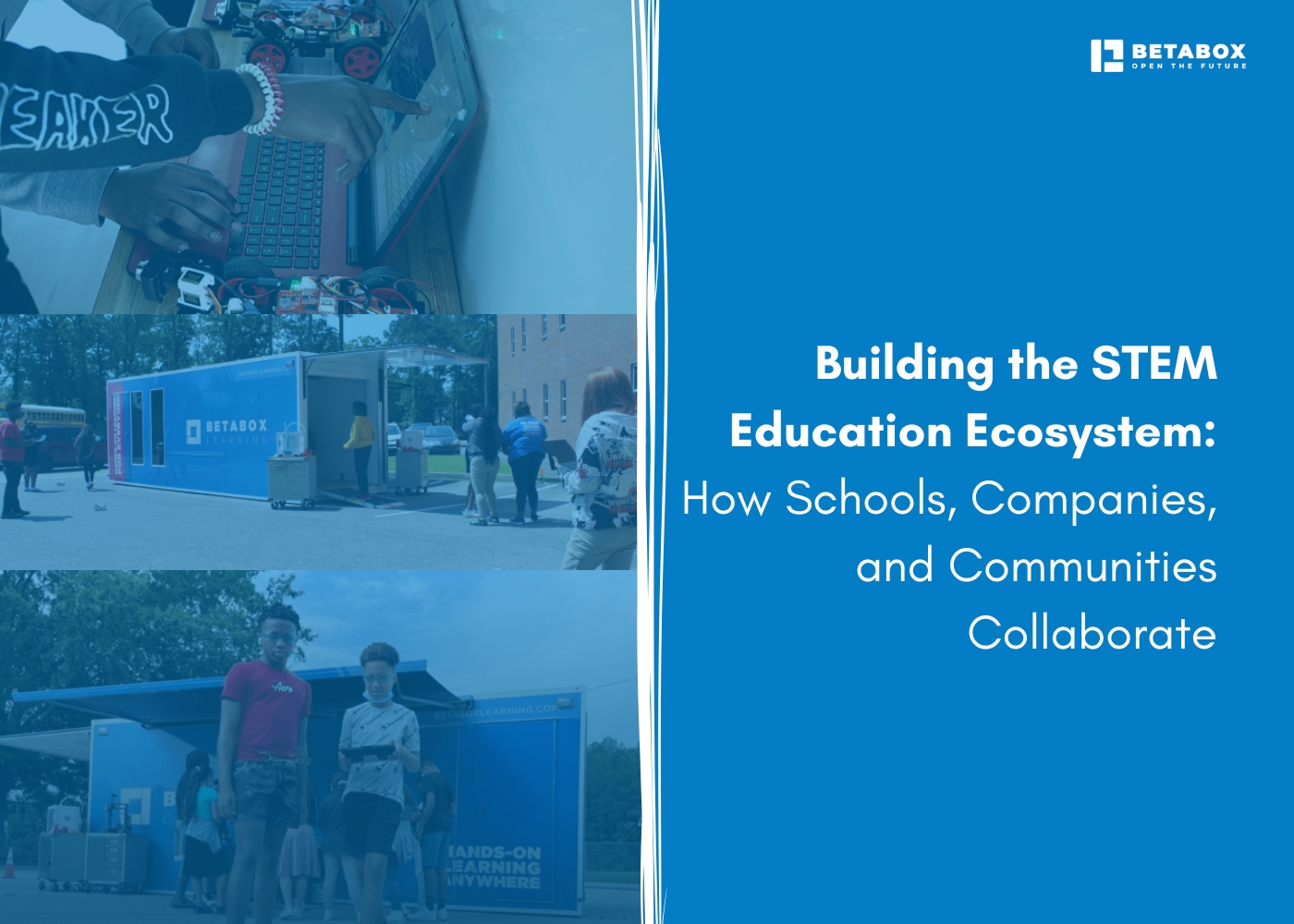

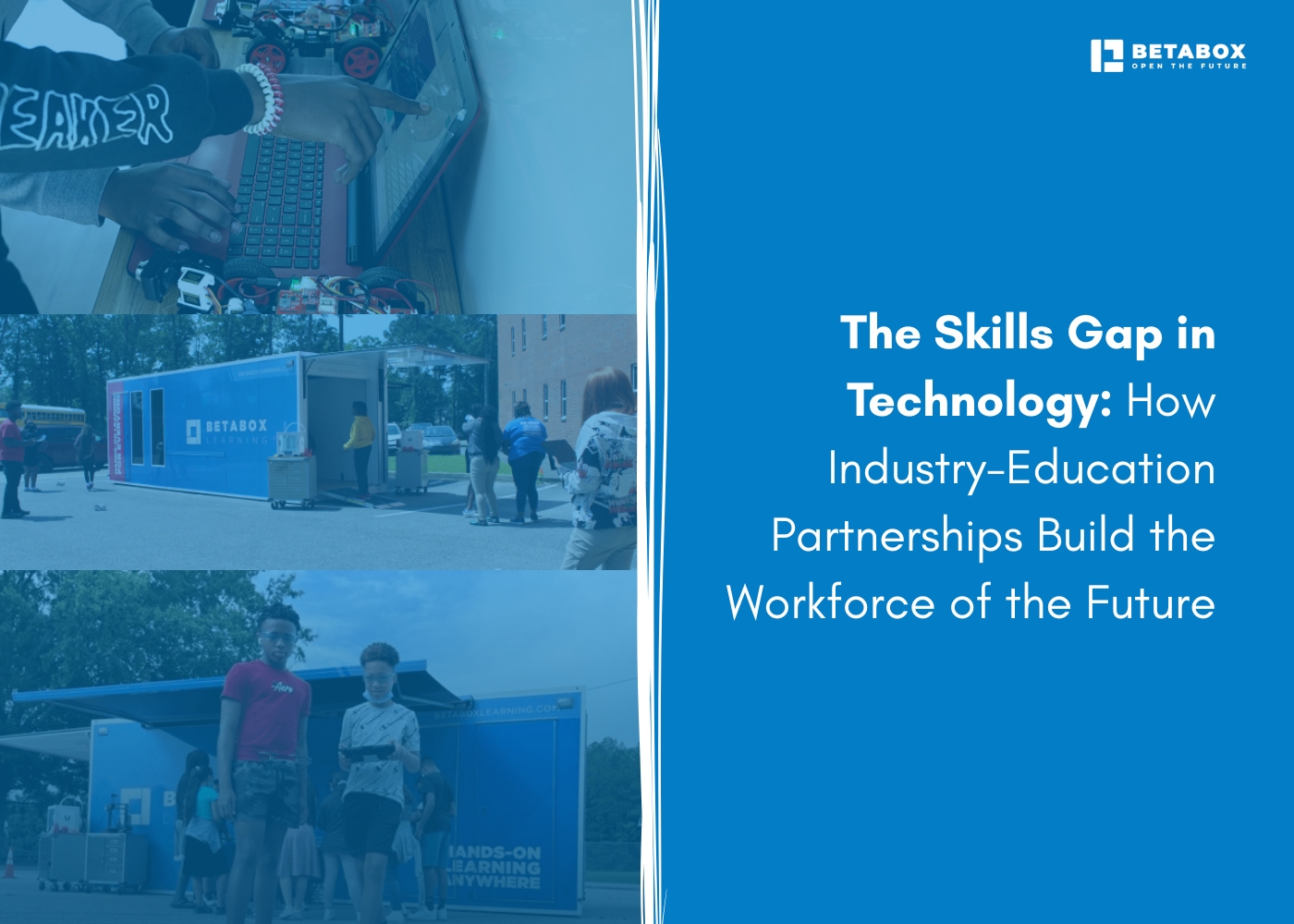

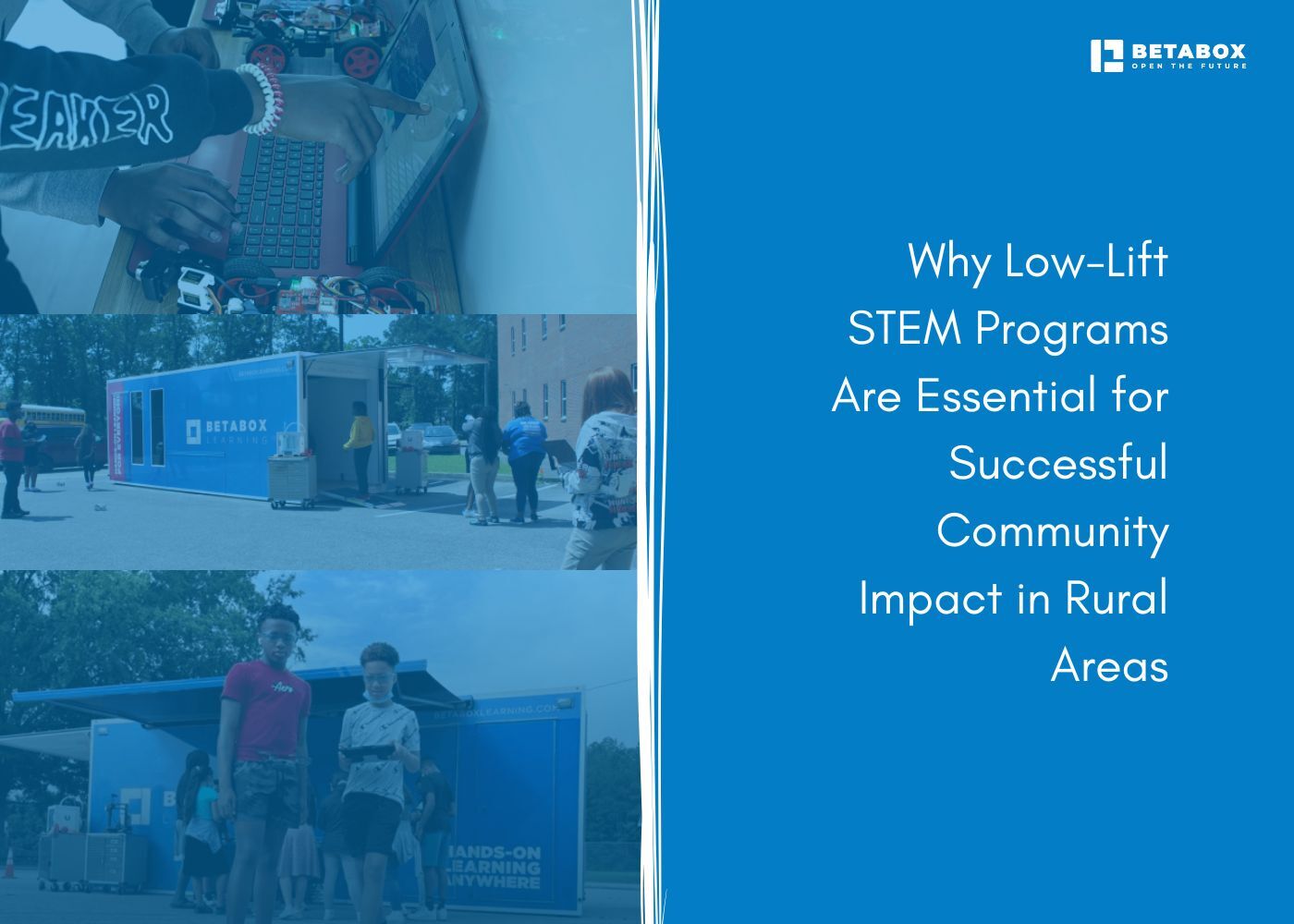

.jpg)

.jpg)

.jpg)

.jpg)

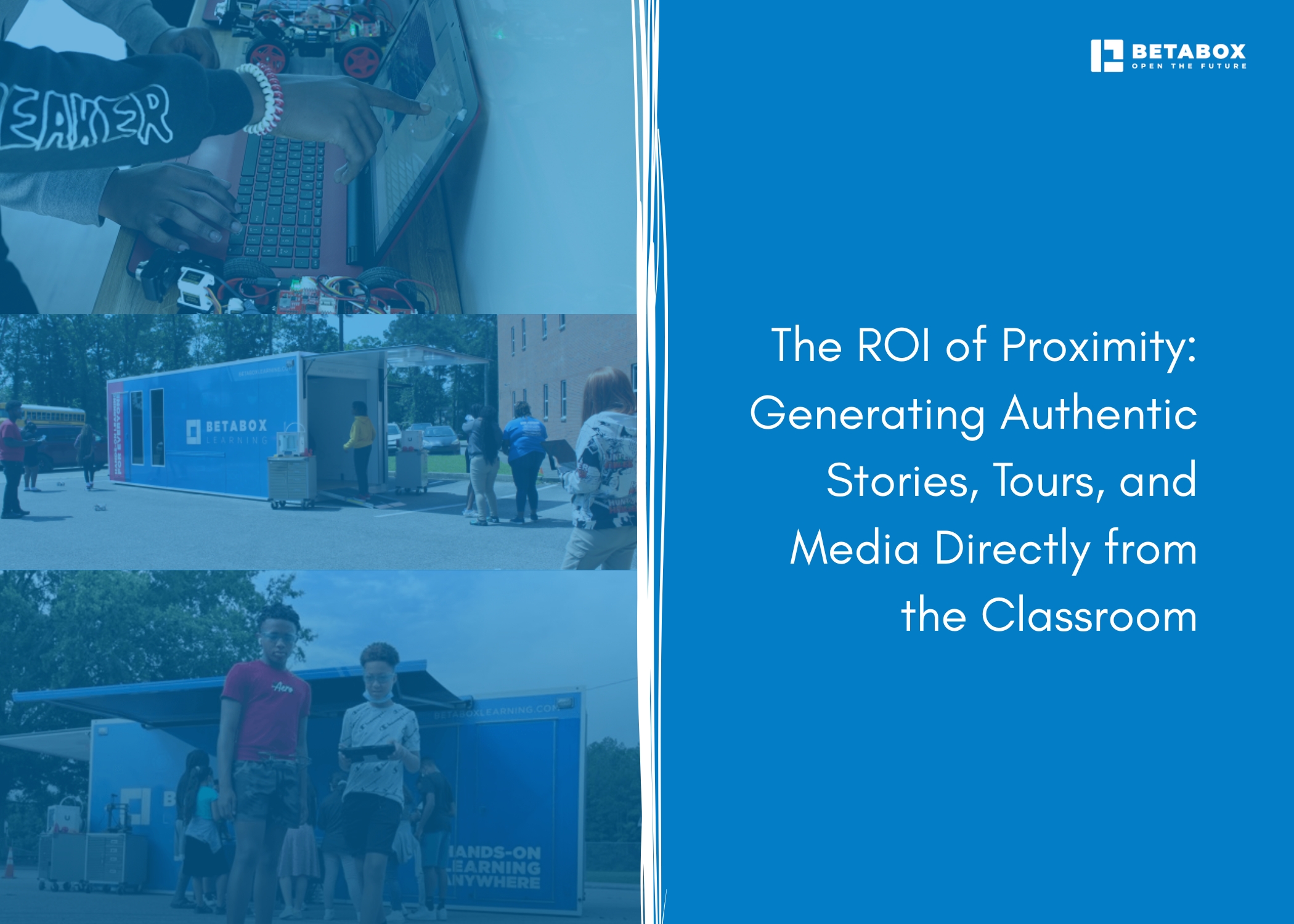

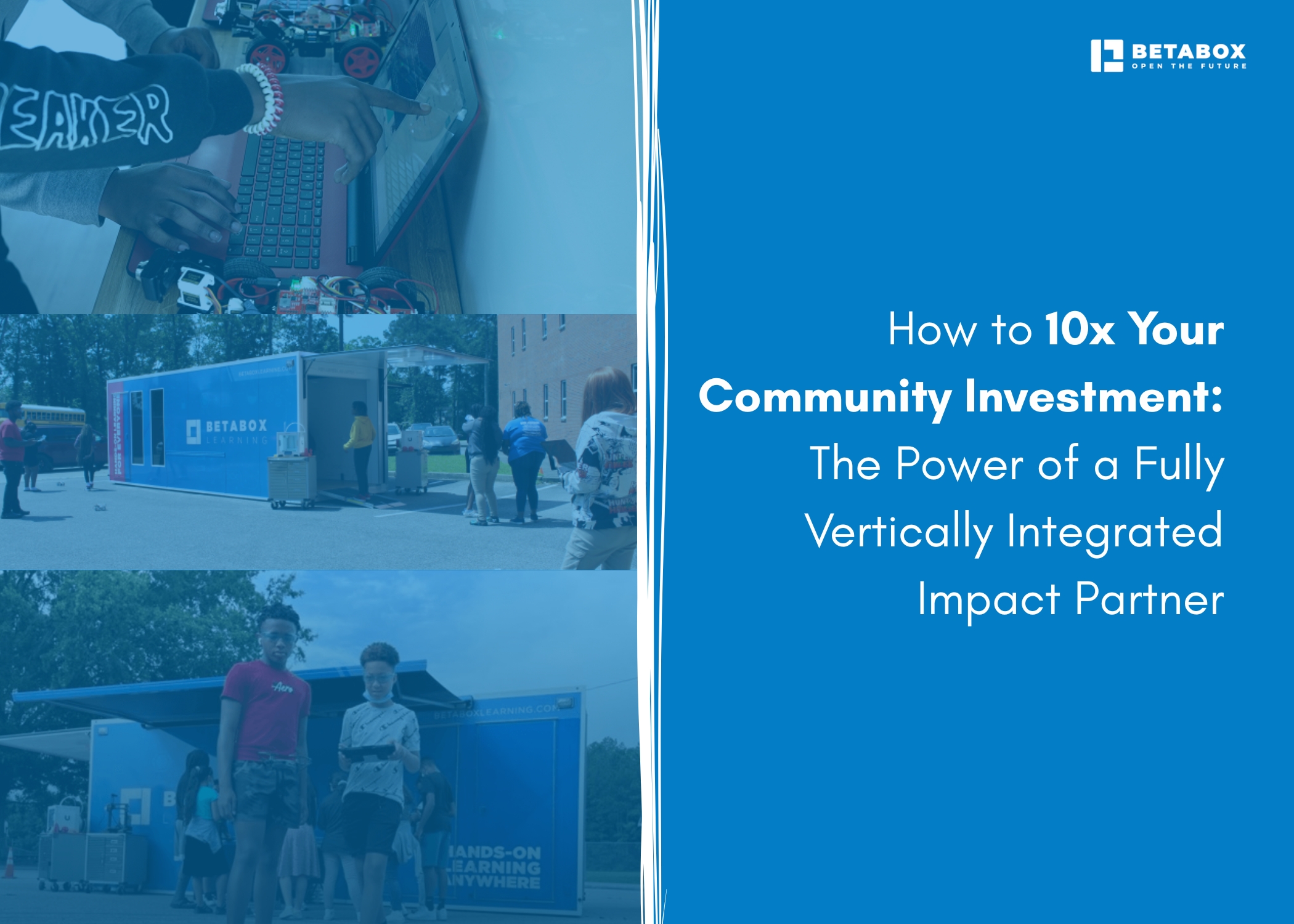

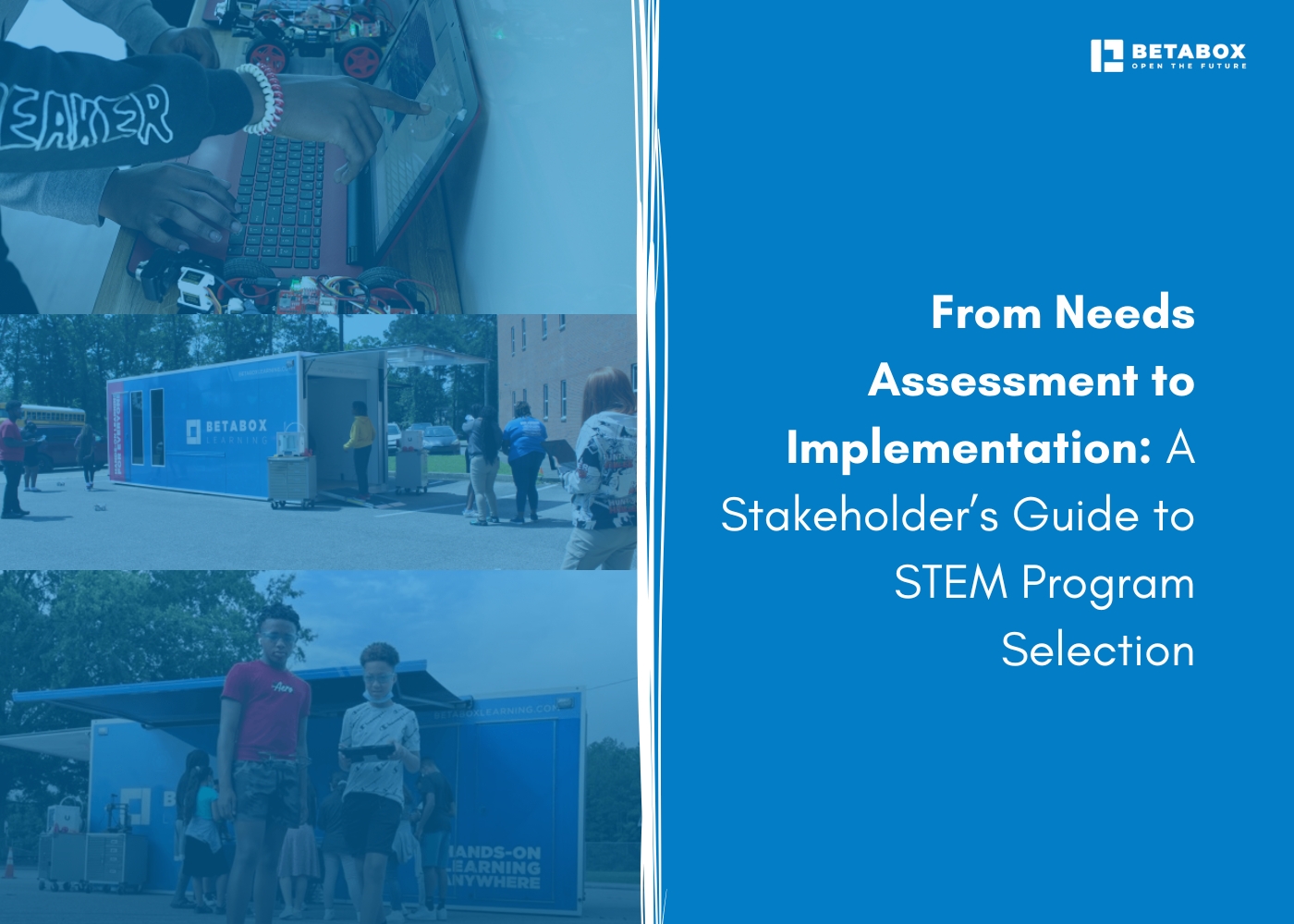



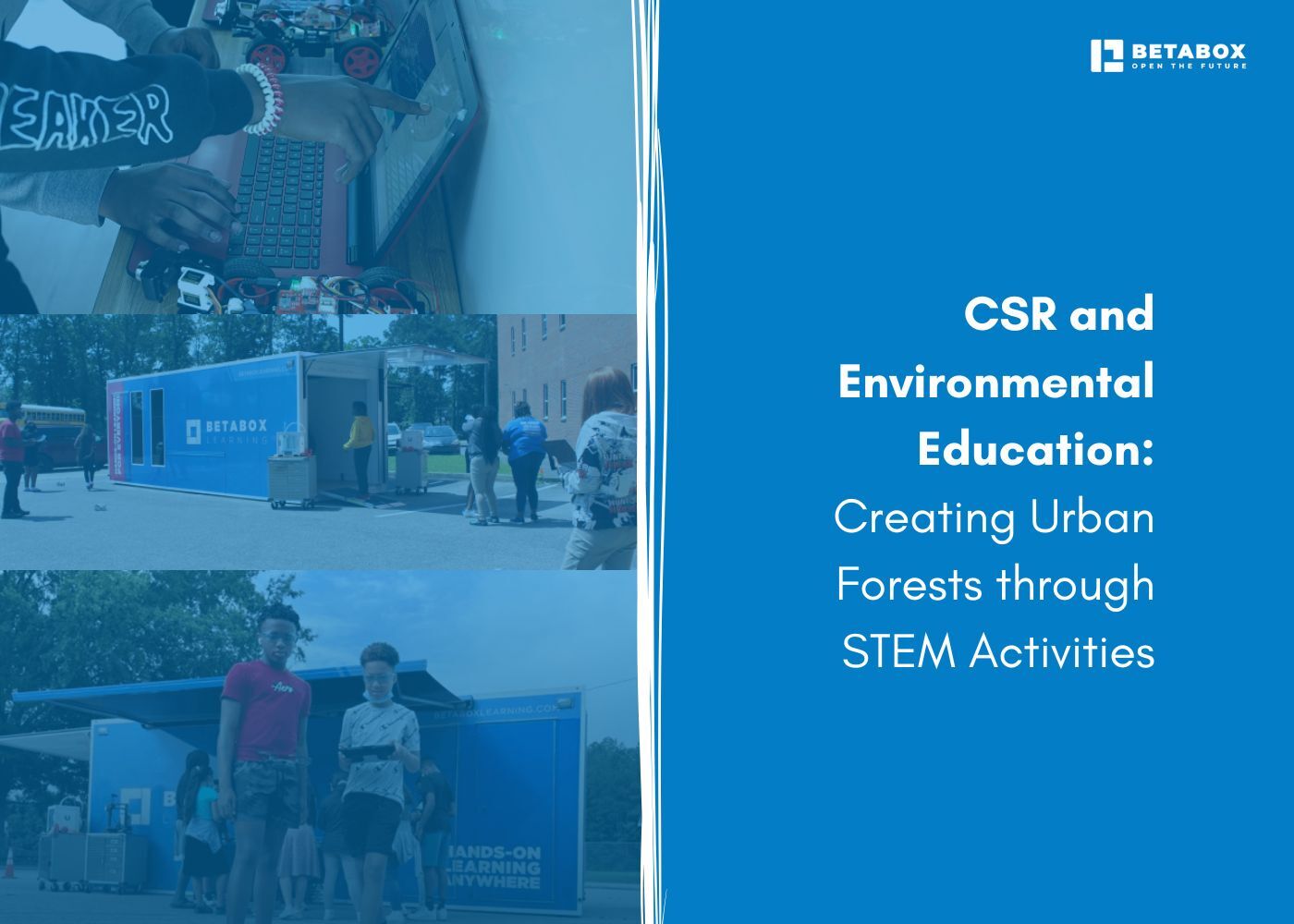

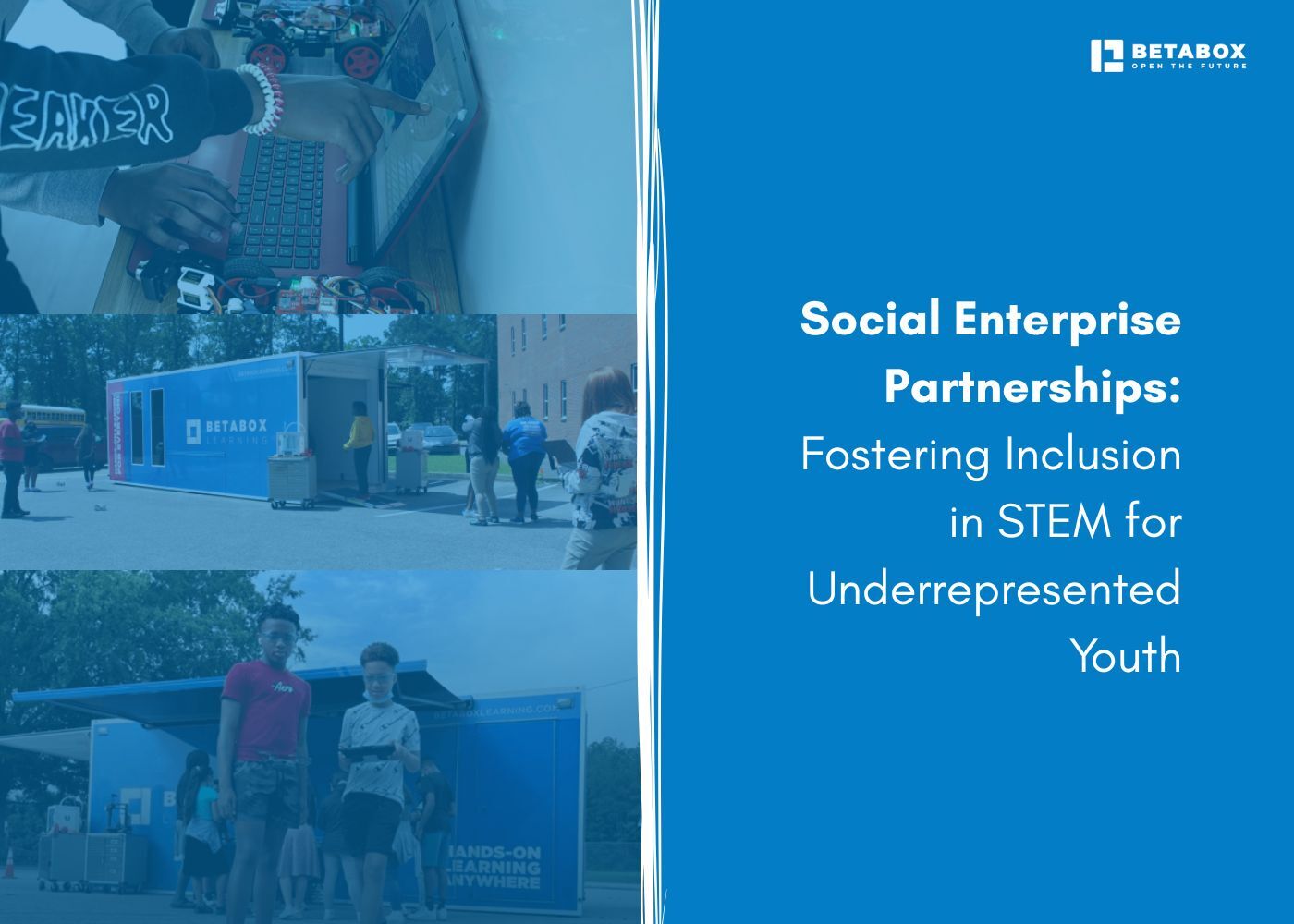

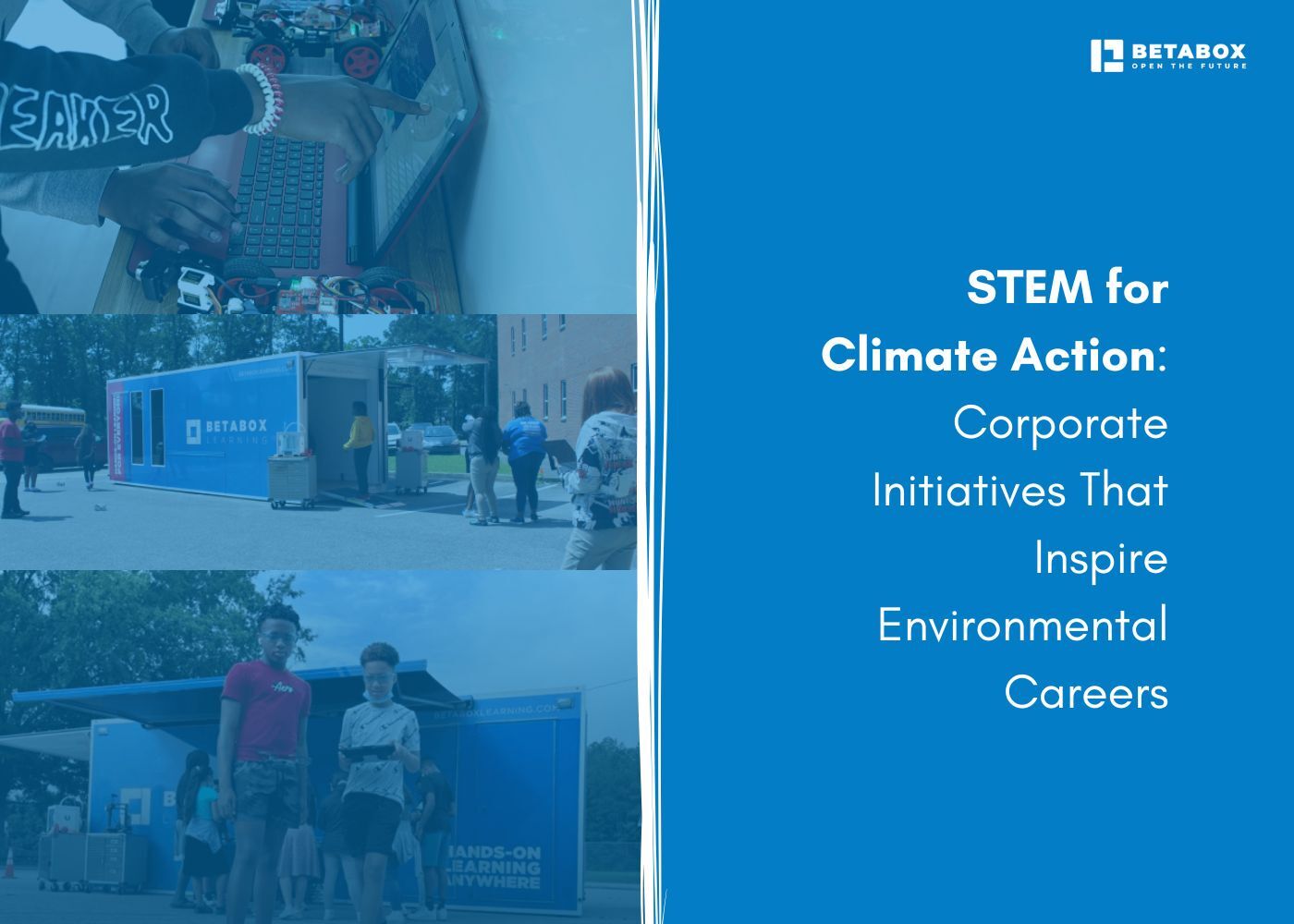



At Betabox Learning, we are passionate about making hands-on STEM curricula accessible to all students.

Join our newsletter to stay in the loop on all things Betabox and the future of STEM education.
By submitting your email address, you agree to our Privacy policy and Terms of Service. You can unsubscribe any time via the link in your email.
© 2025 Betabox. All Rights Reserved
